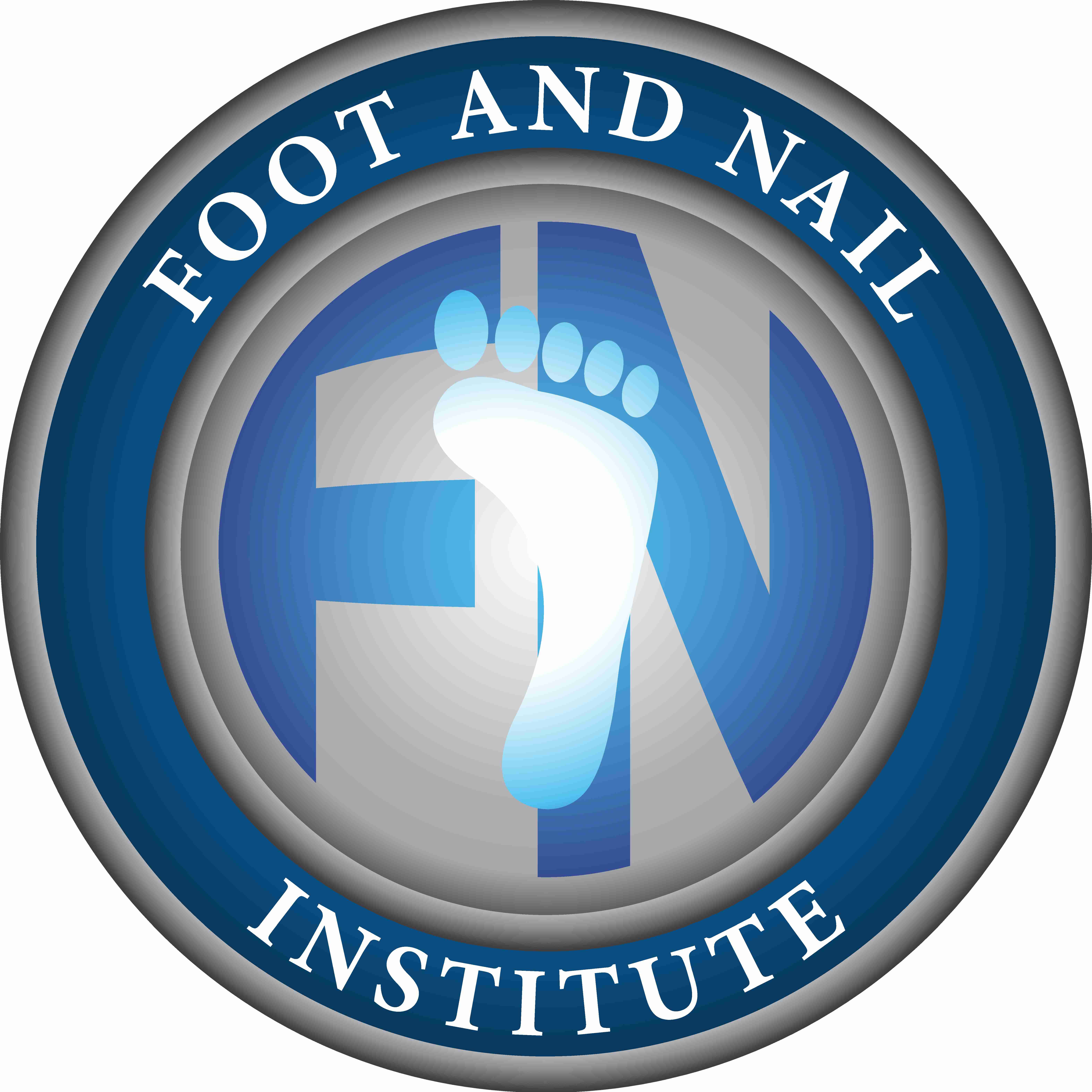

Nurses, You Have to Float
Why do we, as nurses, struggle to give up control?
It has been said that nurses are type A detail oriented, almost to a fault. Why do we have a force within us to figure it all out?
Any bedside nurse knows what the words “you have to float” mean. Those words could stop me in my tracks and instantly churn my peristalsis into hyper mode. This was always such a gut punch.
Often the impending doom of fear began the night before, because when the census dropped, we all knew someone was going to float. We would begin to cross check the schedule with the float pool log. Whose turn would it be?
When I would learn it was my turn to float, my brain would immediately go into overdrive contemplating all the variables. What unit would I float to? Did I know anyone there? Did I have a friend I could ask for help there? What if she/he is off?
How long was the float? Was it 4, 8, or oh my gosh don’t say it … 12 hours!
The unknowns were just awful. What made it particularly bad for me was that I dreaded bothering anyone to ask for help. I was a charge nurse, so I was used to knowing what I needed to know on my unit. To ask for help meant interrupting others and taking them away from their work. I felt this to my core. It was also hard for me to give that power over to another.
Nurses have a desire to maintain high standards of care for their patients. We understand patient safety across all sectors. When we float into an unknown unit, which compromises the care we deliver because we are trying to figure out the unit. Finding supplies is one thing, getting the supply room code is another.
Nurses have an inner capability to maintain a set standard of professionalism within themselves. We attach ourselves to that level. The problem that occurs is we begin to identify as just that. We have a difficult time giving up control to others.
When you are starting a business, there is so much that needs to be done. As nurses, we have this voice in our head that says, “I got it,” or “I can figure this out.”
We look for a mentor to guide us. Maybe we read books, do the research or we take a course. Taking on the bulk of work ourselves is cost effective. And to be honest, nurses are rock stars at “figuring it out.” So why should creating a business be any different? The problem with doing it all ourselves, is it can set you up for burnout which can lead to failure.
So how do you learn to give up control?
Begin by taking inventory of your strengths and weaknesses. Understanding what you are good at will help you to differentiate what you may struggle with. This is what you may need to outsource.
Personally, I struggle with math. In fact, I absolutely hate math. I know that I am not going to do well at rolling out my own taxes. Therefore, I leave that for the accountants to do. That is their specialty. Sometimes heartaches, headaches, and time get swapped out for money. Understanding your strengths and weaknesses will help expedite where you need to spend your money. Saving time is money well spent in some cases.
It’s also safe to say you will be more inclined and eager to do what it is you are good at. If you look at what we procrastinate the most, it’s usually the tasks we are not good at.
As I sit here writing this, I can tell you that figuring out the variables of building a nurse business is much easier than floating. After 13 years, I still have nightmares about floating. I guess it never leaves you, but it is nice when you wake up to realize you built a different life for yourself through business ownership and you will never have to float again.
